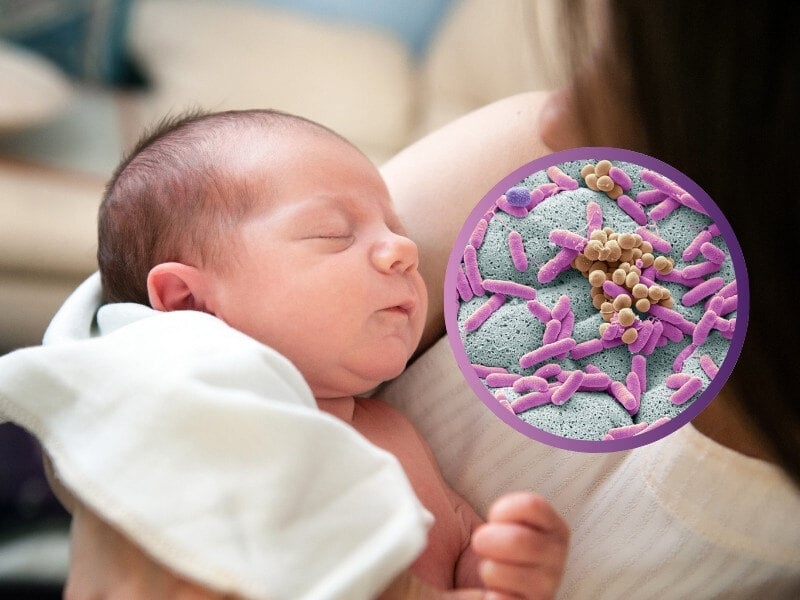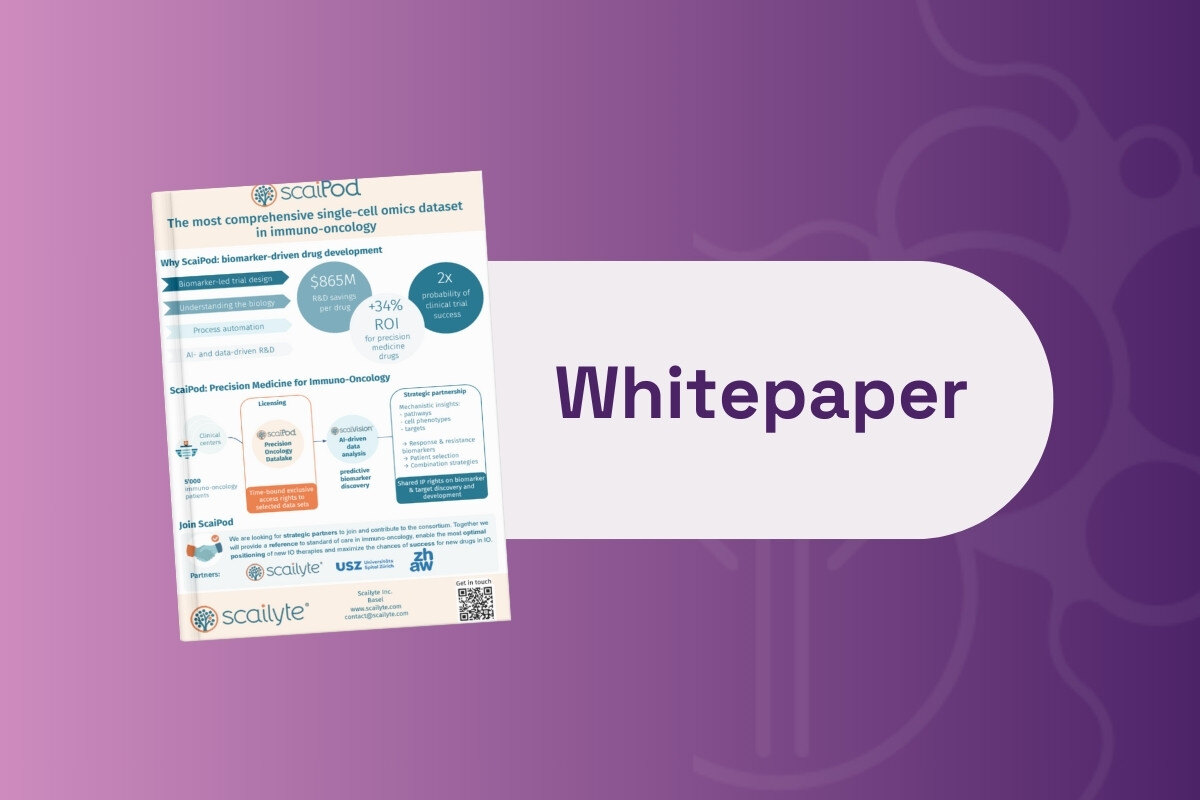New Research into Newborn Gut Microbiome Identifies Three “Pioneer Bacteria” for Babies’ Microbiota Development

A new study funded by Wellcome and the Wellcome Sanger Institute has identified three distinct microbiological profiles in newborn babies. The research, part of the ongoing UK Baby Biome Study, aims to identify links between the gut microbiome and clinical factors during pregnancy and in early life.
It was conducted by scientists at the Wellcome Sanger Institute, University College London, and the University of Birmingham and published in Nature Microbiology. They identified the three profiles, and the dominant “pioneer bacteria” in each.
Related:
- Experiments Link Gut Microbiome and Graft-versus-Host Disease
- Microbiome Solutions to Immuno-Oncology Problems
- Balancing Innovation and Ethics: The Role of Regulation in Microbiome-Based Precision Oncology
Dr Yan Shao, of the Wellcome Sanger Institute, and the study’s first author said: “If we think of a newborn baby’s gut as an ecosystem that starts to establish right from birth, there was very little known about which and how microbes plant the very first seeds to establish themselves before the findings of the UK Baby Biome Study.”
These “pioneer bacteria” include the healthy bacteria B. breve and B. longum which are good for babies’ nutrition and fighting infection, and E. faecalis a harmful bacterium which puts them at risk of infection.
“By analysing the high-resolution genomic information from over 1,200 babies, we have identified three pioneer bacteria that drive the development of the gut microbiota, allowing us to group them into infant microbiome profiles,” continued Shao. “Being able to see the make-up of these ecosystems and how they differ is the first step in developing effective personalised interventions to help support a healthy microbiome.”
UCL Professor Nigel Field, a co-author of the study, said that: “While our study has shortlisted three pioneer bacteria as important for babies’ microbiome development, it remains to be determined if and how different pioneer bacteria affect health and diseases, both in childhood and later in life. The UK Baby Biome Study is actively following up participants to give clues about this, and now even bigger cohorts are needed to investigate the role of the infant microbiome on health.”
They studied over 2,000 faecal samples from babies and 1,288 healthy infants. Most of the babies that were involved in the study were breastfed in their first few weeks of life, but whether they were fed breast milk or formula did not seem to affect their gut microbiome.
Babies whose mothers received antibiotics in labour were more likely to have E. faecalis in their gut. Furthermore, the mother's age, ethnicity, and how many times they’d given birth were also contributing factors.
Louise Kenny, Lead Investigator of the Children Growing up in Liverpool study from the University of Liverpool also stressed that: “Decisions around mode of childbirth and breastfeeding are complex and personal, and it’s important to note that there is no one size fits all approach when it comes to what the best options are for you and your baby.”
“We must continue to find new ways to ensure that all children are supported to have the best possible start in life.”






